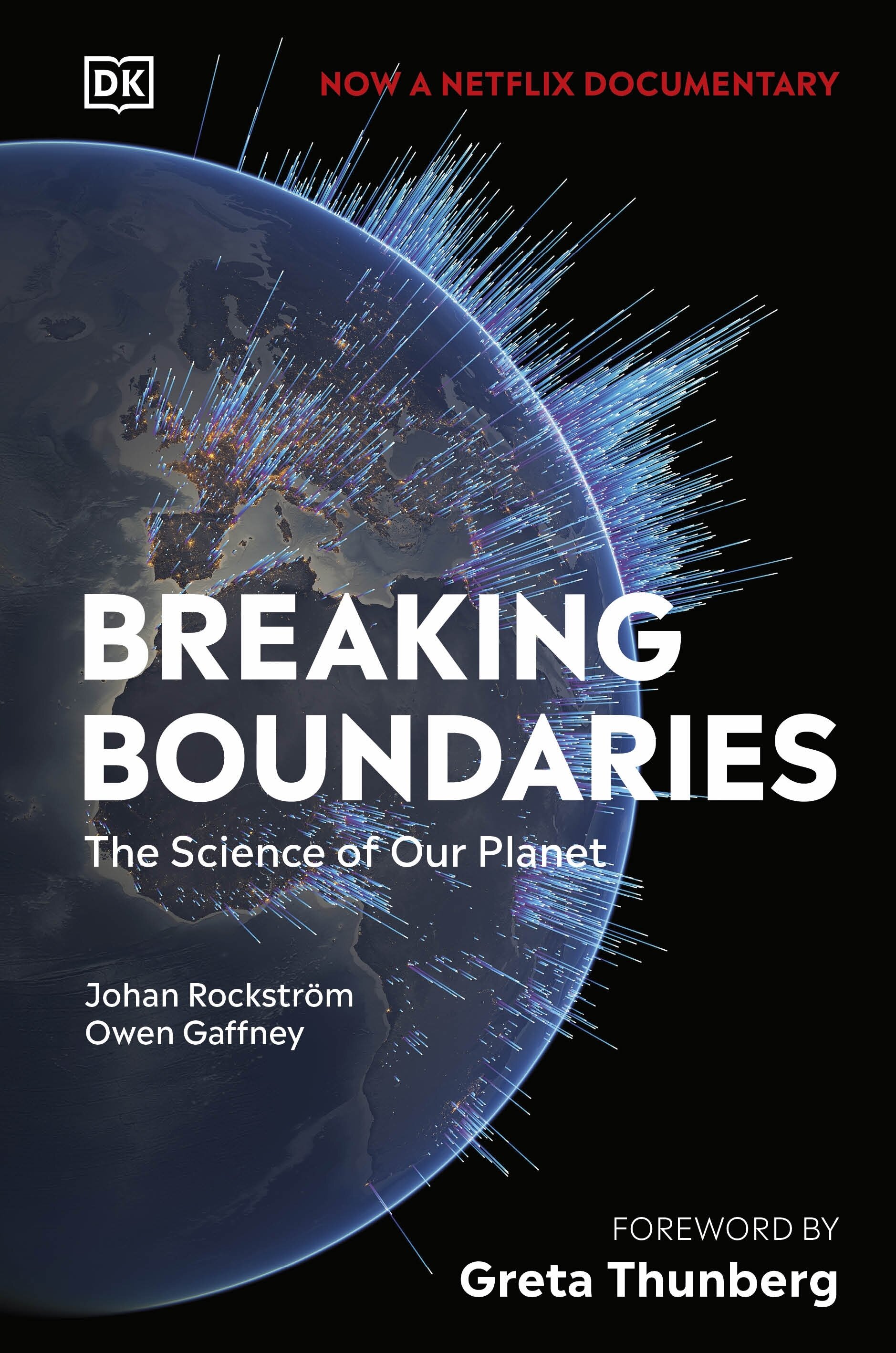Media Release: New Zealand experience behind environmental “awakening” for world-leading scientists
The scientists behind a groundbreaking new book and Netflix documentary credit their time in New Zealand with an “awakening” on the importance of indigenous knowledge in preventing environmental catastrophe.
Scientist Owen Gaffney came to New Zealand as part of the Edmund Hillary Fellowship, which brings global changemakers to New Zealand to create local and international impact on high-stakes projects like climate change mitigation.
At the same time as Gaffney was in New Zealand, 2017 Hillary Foundation Laureate Johan Rockström was in the country, and the two scientists shared the same orientation experience with Wellington iwi Te Ātiawa.
Rockström and Gaffney then went on to co-author Breaking Boundaries: The Science of Our Planet which is available in New Zealand from today and is the basis for a new David Attenborough documentary on Netflix with the same title.
Gaffney says the time he and Rockström spent in New Zealand was incredibly important, particularly connections made with Te Ao Māori through time spent with Te Ātiawa.
“The Māori culture had a significant influence on the book. In New Zealand, both Johan and I had an awakening about how vital it is for the world to go back to indigenous knowledge of environmental stewardship if we are going to live within our planetary boundaries,” says Gaffney.
Both the book and the documentary explore the nine environmental thresholds or ‘planetary boundaries’ which life on earth depends on, and outlines how close we are to exceeding these. It aims to translate hard science into accessible actions to combat climate change, and the message of Breaking Boundaries is ultimately one of hope that humans will avoid environmental collapse through significant changes in how we interact with our environment.
This need for change is emphasised by Gaffney who again points out how critical indigenous worldviews are to avoiding climate disasters, “Western philosophy and Western economics have destroyed our environment, but indigenous models of stewardship promote resilience and living in harmony with our ecosystems,” says Gaffney.
The Edmund Hillary Fellowship and the Hillary Institute are proud to have provided Rockström and Gaffney with a connection to New Zealand and an introduction to Te Ao Māori. The Fellowship is also pleased to have a third connection to Breaking Boundaries, through Fellow Félix Pharand-Deschênes whose data visualisation of human impacts and planetary changes formed a central part of the science in the book and visualisations in the documentary through his project GLOBAÏA.
Established in 2009, GLOBAÏA is a non-profit dedicated to the promotion of planetary awareness and to fostering a greater sense of planetary stewardship. GLOBAÏA digests data, information and knowledge to make them palatable, societally relevant and easy to metabolise by people and cultures. Their main purpose is to transform how the world is seen, imagined and understood. You can read more about GLOBAÏA's involvement in Breaking Boundaries here.
Chief Executive Officer of The Edmund Hillary Fellowship, Rosalie Nelson, says that the Fellowship brings entrepreneurs and innovators with shared passions to ignite new and groundbreaking initiatives. “We have over a hundred Fellows passionate about addressing climate change through renewable energy, education, sustainable (circular) systems, and regenerative agriculture. They see the potential for New Zealand to take a global leadership role.”
Breaking Boundaries: The Science of Our Planet is available to watch as a documentary on Netflix, and is being released as a hardcopy book in New Zealand from Friday 2 July.
ENDS
Contact:
Nicole Skews-Poole
Communications Lead, Edmund Hillary Fellowship

